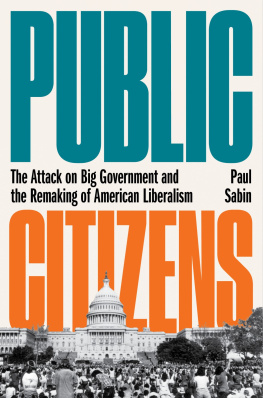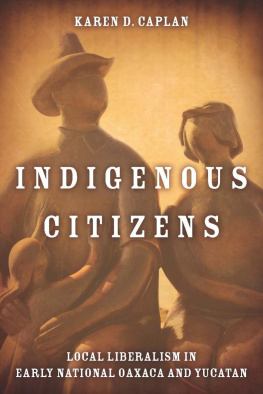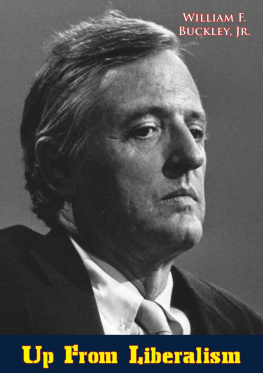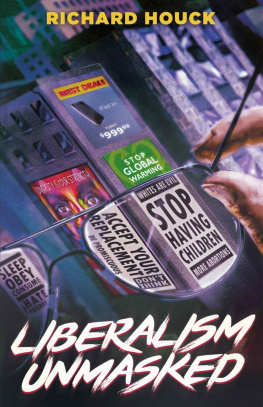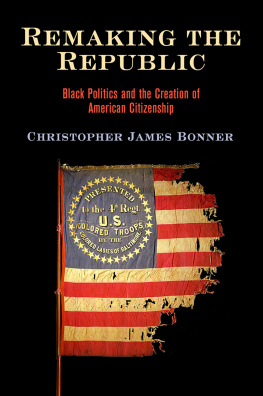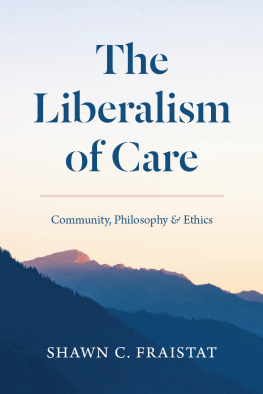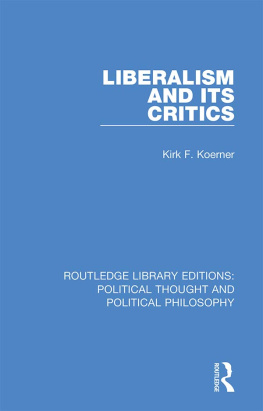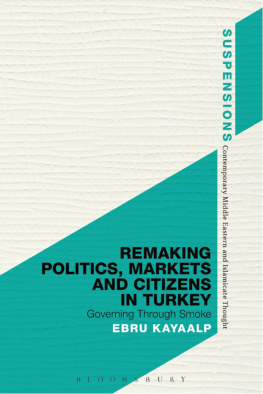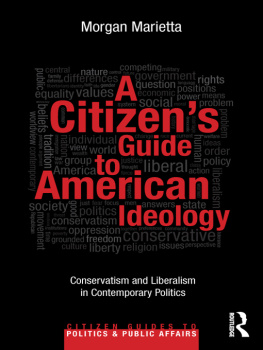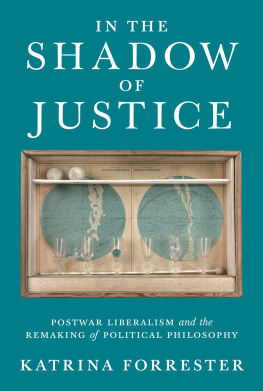Paul Sabin - Public Citizens: The Attack on Big Government and the Remaking of American Liberalism
Here you can read online Paul Sabin - Public Citizens: The Attack on Big Government and the Remaking of American Liberalism full text of the book (entire story) in english for free. Download pdf and epub, get meaning, cover and reviews about this ebook. year: 2021, publisher: W. W. Norton & Company, genre: Politics. Description of the work, (preface) as well as reviews are available. Best literature library LitArk.com created for fans of good reading and offers a wide selection of genres:
Romance novel
Science fiction
Adventure
Detective
Science
History
Home and family
Prose
Art
Politics
Computer
Non-fiction
Religion
Business
Children
Humor
Choose a favorite category and find really read worthwhile books. Enjoy immersion in the world of imagination, feel the emotions of the characters or learn something new for yourself, make an fascinating discovery.
- Book:Public Citizens: The Attack on Big Government and the Remaking of American Liberalism
- Author:
- Publisher:W. W. Norton & Company
- Genre:
- Year:2021
- Rating:3 / 5
- Favourites:Add to favourites
- Your mark:
- 60
- 1
- 2
- 3
- 4
- 5
Public Citizens: The Attack on Big Government and the Remaking of American Liberalism: summary, description and annotation
We offer to read an annotation, description, summary or preface (depends on what the author of the book "Public Citizens: The Attack on Big Government and the Remaking of American Liberalism" wrote himself). If you haven't found the necessary information about the book — write in the comments, we will try to find it.
Paul Sabin: author's other books
Who wrote Public Citizens: The Attack on Big Government and the Remaking of American Liberalism? Find out the surname, the name of the author of the book and a list of all author's works by series.
Public Citizens: The Attack on Big Government and the Remaking of American Liberalism — read online for free the complete book (whole text) full work
Below is the text of the book, divided by pages. System saving the place of the last page read, allows you to conveniently read the book "Public Citizens: The Attack on Big Government and the Remaking of American Liberalism" online for free, without having to search again every time where you left off. Put a bookmark, and you can go to the page where you finished reading at any time.
Font size:
Interval:
Bookmark:

PUBLIC CITIZENS
OTHER BOOKS BY PAUL SABIN
The Bet:
Paul Ehrlich, Julian Simon, and Our Gamble
over Earths Future
Crude Politics:
The California Oil Market, 1900-1940
PUBLIC CITIZENS
The Attack on Big Government and the Remaking of American Liberalism
PAUL SABIN

For Eli and Simon, who are charting their own paths
Contents
IN THE FALL OF 1965, A THIRTY-ONE-YEAR-OLD Harvard Law School graduate named Ralph Nader published a blistering attack on the poor safety record of the American automobile. Tens of thousands of Americans were dying needlessly every year on the nations highways, Nader wrote in his first book, Unsafe at Any Speed . The cause? The federal governments failure to force American automakers to build safer cars. In the outcry that followed, Naders book became a bestseller, and he became a national celebrity. Nader also won a landmark regulatory victory: just one year after his book was published, Congress passed the Traffic Safety Act and the Highway Safety Act, wresting power away from industry to create a new and independent Highway Safety Bureau.
In a testament to Naders soaring public profile, the New York Times published side-by-side, full-length public statements from Nader and President Lyndon Johnson on the new safety laws. Both men praised the legislation. Yet by placing Nader on an equal footing with the president, the Times invited a question: How did a young muckraker such as Nader fit into the big-government world of 1960s liberalism? Was Nader a supporter of government, an antagonist, or something in between? Naders savage indictment of the governments collusion with big business and its failure to protect the public had made the case for the new legislation. In light of Naders critique, President Johnsons moral authority vouching for the safety laws seemed insufficient for the Times . In search of the most credible judge, the newspaper turned to Nader. It was a vivid example of how Nader was becoming the activist who would force liberals to rethink their trusting embrace of federal regulatory agencies.

WHEN MOST AMERICANS HEAR the name Ralph Nader today, they tend to think of his divisive role in the 2000 election. Nader ran for president on the Green Party ticket that year and contributeda lot or a little, depending on whom you askto tipping the election to Republican George W. Bush. In the November election that year, Vice President Al Gore won the national popular vote but lost the electoral college with a razor-thin defeat by just hundreds of contested votes in the crucial state of Florida. Nader had campaigned actively in Florida, where he received more than ninety-seven thousand votes.
But decades earlier, Ralph Nader was key to a much larger and more complex attack on traditional liberalism, one that has largely been forgotten, and that helps explain much more than his quixotic campaign. Beginning in the 1960s and through the end of the 1970s, Nader and other public interest advocates, including many in the burgeoning environmental movement, crusaded against what they saw as a misguided and often corrupted federal government. They targeted for reform the cozy postWorld War II alliance between government, business, and labor. In the process, Nader and his allies changed how American public policy is made, while raising many still unresolved questions. Is government the solution to, or an important cause of, societal problems? How do we balance collective action and the exercise of institutional power with individual needs and citizen participation? In our present time of significant antigovernment sentiment, with a regular onslaught of attacks on the regulatory state from the conservative political right, its important to study more closely the ways that Nader and his allies contributedfrom the leftto the crucial political shift in attitudes toward government during the 1960s and 1970s. Its also worth revisiting these critiques of government as the country debates renewed appeals for increased federal investment and regulation, harking back to the New Deal, to address the pressing challenges of climate change, economic inequality, and lack of opportunity.
The heyday of Naders influence coincided with the fifteen years during which the United States turned from Great Society liberalism to Ronald Reagans conservative revolution. In the mid-1960s, Lyndon Johnson was at the height of his power, laying the foundation for Medicare and Medicaid and for civil and voting rights. During that period stretching from Johnson to Reagan, the United States established an extensive new regulatory regime to protect health, safety, and the environment. During those same years, Nader and other advocates created a robust nonprofit sector to protect a public interest that the government, they argued, did not reliably serve. Under pressure from both the left and the right, the traditional liberal establishment fell into disarray. By 1980, the Reagan Revolution was whipping the country in a different direction, touting so-called free markets and questioning whether the government had any productive role to play. Reagan declared the end of the liberal state and set his sights on curtailing the role of the federal government.
In the decades following Reagans election, American politics have grown ever more starkly polarized along partisan lines around the role of government in American life. Popular narratives emphasize the standoff between left and right: conservative critics of big government clashing with the federal governments liberal defenders. On environmental policy, a bitter stalemate ensued after 1980. Conservatives sought to cut environmental enforcement and limit federal regulation. Liberals struggled to protect the foundational environmental laws of the 1970s, including laws protecting clean air and clean water. During these recent decades of strife, federal environmental protections largely endured against conservative attack. At the same time, relatively little new environmental legislation passed through Congress. Notable exceptions include clean air legislation in 1990 and a 2016 chemical safety bill.
As this partisan conflict over governance has deepened, Nader and the broader left-wing critique of governmentso vital to 1970s political reforms and environmental legislationhave slipped from historical accounts. We have lost touch with how the struggles of the late 1960s and 1970s destabilized the old framework for business and government, predating many conservative attacks, yet failed to provide a coherent and politically viable replacement. Historians of conservatism have recently portrayed the political battles of the 1970s in terms of a clash between proregulation liberals and antigovernment, market-oriented businessmen, suburbanites, and religious conservatives. Conservative antigovernment sentiment, according to this interpretation, culminated in Ronald Reagans famous 1981 declaration that government is not the solution to our problem; government is the problem. In this historical narrative, the environmental, health, and safety regulation of the early 1970s fits easily into modern liberalism. The environmental movement, with its wave of 1970s legislative victories, represents a final extension of the modern activist state, which conservatives and Reaganism rejected.
These interpretations fail to explain why the New Deal regulatory state became so vulnerable to conservative critique, what part liberals and the left played in its demise, and why liberals struggled to create a coherent alternative to market-oriented conservatism. My goal in this book is to address this gap by mapping the more complex and bipartisan origins of American assaults on government power. During this era, how did government go from being the solution for societys ills to being the cause of its problems? Understanding why and how public confidence in government declined requires a closer analysis of the rise of citizen activists like Nader and the nonprofit sector as an alternative to government. Undermining governments role surely was not the intent of the new watchdog organizations that Nader and other critics established. They believed passionately in collective, societal action. They focused their energy on government reform because they believed that laws and regulation were essential to creating a good society. Yet the political right ran with their critique, even if that was never their desire or intention.
Next pageFont size:
Interval:
Bookmark:
Similar books «Public Citizens: The Attack on Big Government and the Remaking of American Liberalism»
Look at similar books to Public Citizens: The Attack on Big Government and the Remaking of American Liberalism. We have selected literature similar in name and meaning in the hope of providing readers with more options to find new, interesting, not yet read works.
Discussion, reviews of the book Public Citizens: The Attack on Big Government and the Remaking of American Liberalism and just readers' own opinions. Leave your comments, write what you think about the work, its meaning or the main characters. Specify what exactly you liked and what you didn't like, and why you think so.

